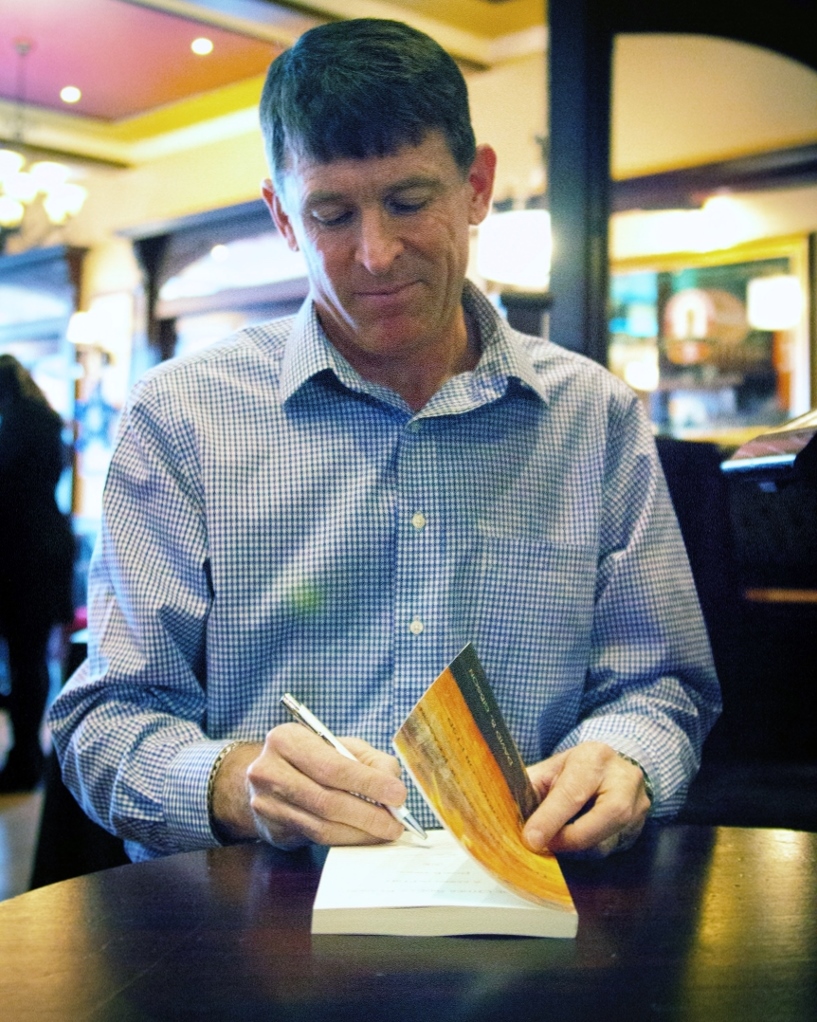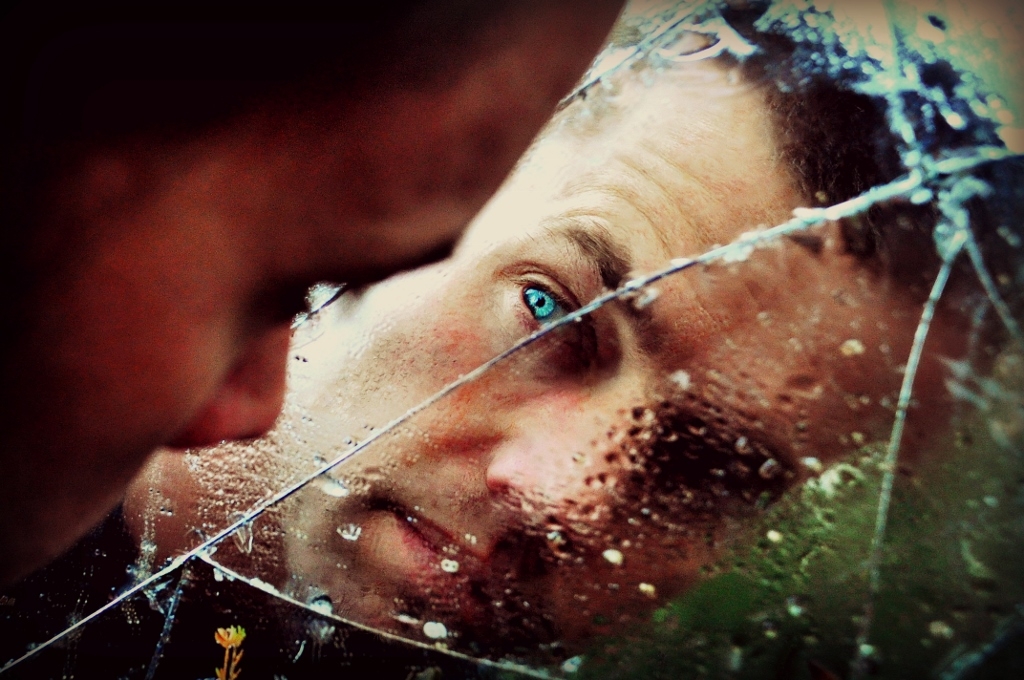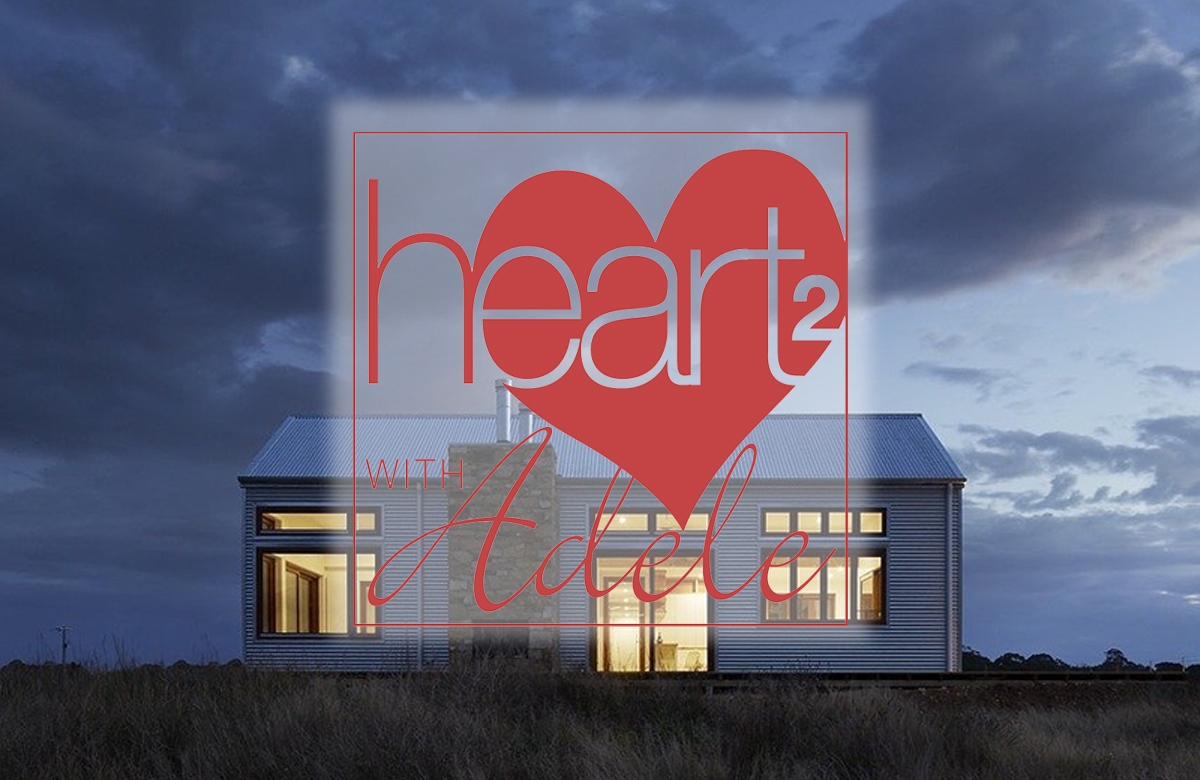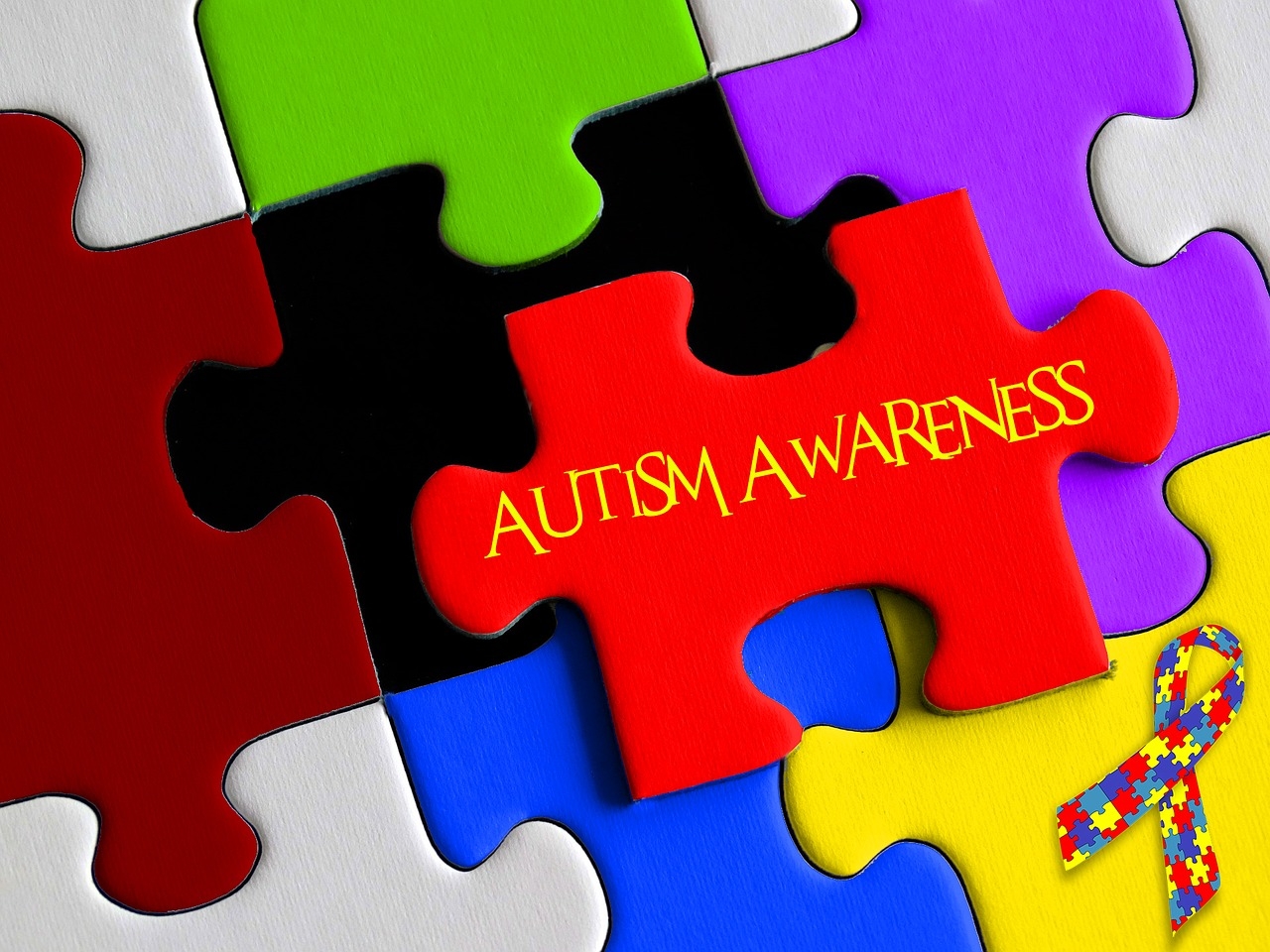
The Other Side of Reason – Taking a Breath Together
Involved in a bus accident that took the lives of six people, David Gibson has been battling through PTSD
for over three years. In an effort to better understand himself and to communicate with others, he turned to writing.
His first book was The Other Side of Reason: A Journal on PTSD, available now via petrabooks.ca.
This column continues that text.
Water’s light
From the corner of my eye I see a flicker of light. With the sunset comes the shadow twisting deep within my mind. I am going to fly away from here – just shut my mind and disappear.
I can feel my heart beating. You’re so real in my dreams.
If I could change time, I would change that moment. I want to dance into the water’s light.
Show me the sparkle in your eyes, show me the light that comes from your heart.
When you hold me, I can hear your heart beating loud and clear.
Just make a wish and we will disappear, to float on the thousand water droplets we share.
With you, I feel your lips, I feel your soul, and I feel you. I feel your love. You are beautiful. Do you know you are beautiful? Yes you are.
 Sometimes within the silence of a moment our breath whispers from within. Other times our breath cries for release and the harsh gasp of renewal. Living with the impact of trauma, like our breath, can also help us discover how intricately connected our roots are.
Sometimes within the silence of a moment our breath whispers from within. Other times our breath cries for release and the harsh gasp of renewal. Living with the impact of trauma, like our breath, can also help us discover how intricately connected our roots are.
This theme of our ‘shared humanity’ I have found to be powerful in the moment we speak about the silence that often shrouds many who have lived experience with trauma and PTSD.
I remember a Robert Frost quote where he said “Poetry is when an emotion has found its thought and the thought has found words”. This is courage. This is redemption. This is truth.
From my perspective, writing has been a way to communicate the silence of voice in living with trauma and PTSD. I have learned that in one way or another, my story, and our collective stories do matter. Stories like these define the courage and resilience of the human spirit even if the outward appearance may appear to be chaotic, disjointed or withdrawn to others.
I believe the very fact that the truth impacts people means there is a dire need to confront mental health issues like trauma and PTSD. By sharing our experiences we take away any toll for others to walk down the same road.
The book I wrote, The Other Side of Reason – A Journal on PTSD, has in some measure, become a journey in healing and rediscovery of who I am. I think the deeper implications of my particular experience, can also shed light on the silent inner struggles many people face in forging a new identity. Some of us just need to go through greater extremes than others on the path to self-discovery and healing.
By sharing our lived experiences, we also provide an opportunity to open a window to connect to the many other silent voices that have not yet been able to share their stories. I have been constantly amazed at how universal trauma is, and yet how isolated our voices still remain. I have heard from so many people, many who are complete strangers that relate to what I have expressed in writing, to the way they have felt with completely different circumstances.
So there is an appetite out there, this much I am sure.
No matter how hard the trials we face, the final freedom we possess – one that no one can take away from us – is the power to choose how we view our experience of trauma.
I don't think of my experiences in terms of psychological cause and effect. I believe that simple hope is getting me through to the next day. I had this naive belief that things would work out eventually – that somehow I would be impervious to the impact of the bus crash I was in. Even in the worst of situations, I believed, at the end of the day, everything would be fine and I could move on with my life the way it was before the accident.
What appears to be important from my experience is that we need to be able to create a narrative out of unpredictable events in order to turn our present loss into a turning point on our path to recovery. It is this kind of purpose-creation that Nelson Mandela was able to form after 27 years of prison. Instead of being shattered, he emerged saying: “No axe is sharp enough to cut the soul of a sinner who keeps on trying, one armed with the hope that he will rise even in the end.”
Beyond courage, we all instinctively recognize that misfortunes can also produce an uncommon and multifaceted commodity: character. It is not the people with enormous wealth or fame whom we seem to admire, rather those who have gone through unspeakable circumstances and have come out the other end with wisdom unattainable by any other means. If resilience is one of the most praised attributes in our world today, we are confronted with an uncomfortable truth: if we want to develop it, we cannot wish away the life trials that test and produce it.
Through my writing contributions with Ottawa Life Magazine, I hope to share with you my reflections living with trauma and PTSD and ultimately transcend these reflections to connect to you, the reader. My hope is that we can take this breath together, and I invite you to send in your comments or to simply share your voice.
I do not profess to be anything but a person who is doing the best that he can within the moments of life he has been given. So fair warning to you all, this writer is still learning along the way. Best wishes to you all in the New Year.
With hope we can dream – Cheers!













